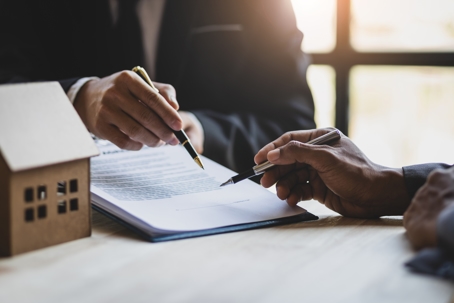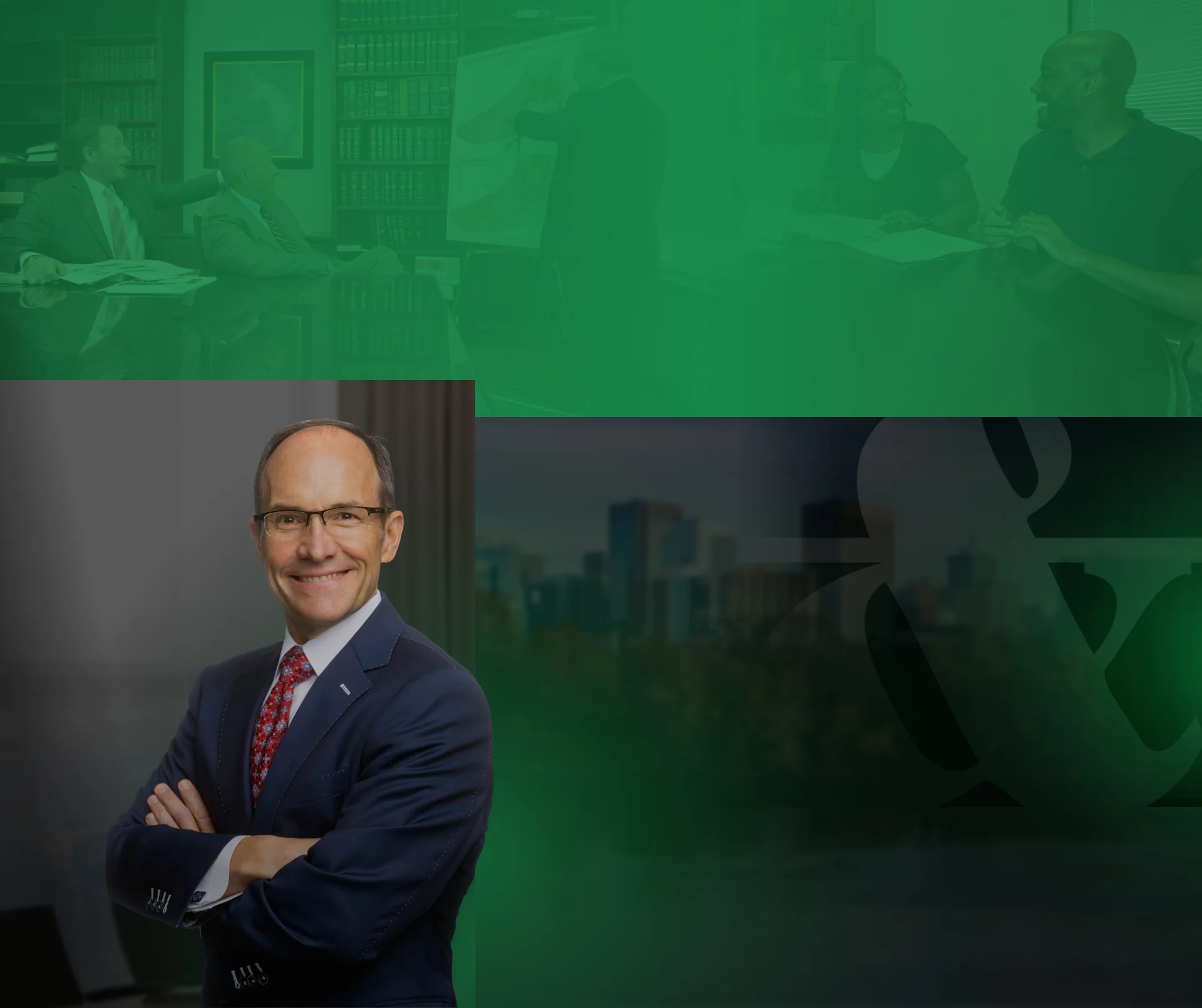You expect it to be a safe environment when you step onto someone else’s property—whether it’s a grocery store, a friend’s house, or even an apartment complex. Unfortunately, that’s not always the case. Accidents like slips, trips, and even serious falls can happen, leaving you with painful injuries, mounting medical bills, and no clear sense of what to do next.
This is where a property owner’s “duty of care” comes into play. Understanding how this legal concept works is essential if you’ve been hurt on someone else’s property. It can determine whether you’re eligible to receive compensation and how you might pursue it.
What Does “Duty of Care” Mean?
The “duty of care” is a legal concept that describes the obligation to act reasonably to prevent harm to others. For property owners, this means keeping their premises safe for visitors, customers, or tenants.
However, the level of care they owe largely depends on who’s visiting the property. Visitors are generally divided into three categories, and the property owner’s responsibilities vary for each:
1. Invitees
Invitees are people who have permission to enter the property for the owner’s benefit, often on business premises like stores, restaurants, or offices. For these visitors, owners owe the highest duty of care.
They must actively inspect and maintain their property to identify hazards, such as wet floors, broken stairs, or faulty lighting. If they fail to fix dangerous conditions or warn visitors about them and an invitee gets hurt, the owner can be held legally responsible.
2. Licensees
Licensees are social guests who visit the property for personal reasons, like attending a dinner party or having a casual hangout. Property owners still owe these guests a duty of care, but it’s less extensive.
For licensees, the owner must fix or warn about known hazards, such as a broken step on the front porch. However, they’re not typically required to inspect the property for hidden dangers.
3. Trespassers
Trespassers enter a property without permission, so owners generally owe them the least duty of care. Property owners are not required to ensure a trespasser’s safety but cannot intentionally create hazards that cause harm.
An important exception applies to children. If a property contains something attractive but dangerous to children, such as a swimming pool without a fence, the owner may still be held accountable under what’s called the “attractive nuisance doctrine.”
How Duty of Care Applies to Your Accident Case
If you’re injured on someone else’s property, proving you have a case starts with establishing whether the property owner met their duty of care. Here’s how this plays out in real-world accidents.
Hazardous Conditions and Premises Liability
Premise liability claims often arise from unsafe conditions like:
- Slippery surfaces caused by spills or leaks.
- Uneven flooring or loose carpeting that catches on shoes.
- Faulty railings or broken stairs in stairwells.
- Poor lighting in parking lots or hallways.
- Neglected maintenance that leads to structural hazards.
For example, imagine you slip on a puddle near a grocery store entrance. If the store’s employees knew about the puddle and didn’t clean it or put up a warning sign, the property owner may be liable for your injuries.
What You Need to Prove
To win a premises liability case, you generally need to prove four elements:
- The owner owed you a duty of care.Were you an invitee, licensee, or trespasser?
- The owner breached that duty.Did the property owner fail to fix or warn about a dangerous hazard?
- Their breach caused your accident.Can you show that the hazard directly led to your injury?
- You suffered damages.Did the injury result in costs like medical bills, lost wages, or emotional distress?
An experienced personal injury attorney can help you build your case by collecting evidence and showing how the property owner’s negligence led to your accident.
Types of Evidence That Can Strengthen Your Claim
A strong claim relies on clear, convincing evidence. To establish the property owner’s duty of care and document the unsafe condition, try to gather the following:
- Photos or videos of the hazard and accident scene.
- Witness statements from people who saw the accident or the dangerous condition.
- Maintenance records that reveal whether the owner knew about the hazard but failed to address it.
- Incident reports, if you reported the accident to the owner or manager.
- Medical records that document the extent of your injuries.
If you’re unable to collect this evidence right away because of your injuries, an attorney can investigate and help gather the necessary proof.
Common Injuries in Premises Liability Cases
Premises liability cases often involve injuries that range in severity. Some of the most common examples include:
- Sprains and fractures after trips or falls.
- Head trauma or concussions from unsafe structures.
- Back or spinal injuries.
- Burns or cuts from unaddressed hazards.
Even what may seem like a small injury can have lasting impacts, leading to high medical costs and ongoing pain.
How an Attorney Can Help
Navigating a premises liability case can feel overwhelming, especially when you’re injured and dealing with medical recoveries. An attorney understands the laws that apply to property owners’ duties of care and can guide you every step of the way.
Here’s how a legal professional can help you:
- Investigating Your Case
They’ll identify whether the property owner acted negligently and gather strong evidence to back your claim.
- Valuing Your Claim
An attorney can calculate how much your case is worth, including medical bills, lost income, and non-economic damages like pain and suffering.
- Negotiating With Insurance Companies
They can handle conversations with the owner’s insurance providers and ensure you’re not lowballed on settlements.
- Pursuing Litigation if Necessary
If settlement talks break down, your attorney can represent you in court and fight for maximum compensation.
Key Steps to Take After an Accident
If you’ve been hurt on someone else’s property, here’s a quick guide to protecting your rights and building a strong case:
1. Seek Medical Care Immediately
Prioritize your health, even if symptoms seem mild at first. Follow through on medical treatment, as records will also serve as evidence of your damages.
2. Report the Incident
Not immediately notify the property owner, manager, or landlord about the accident. Request a written copy of any incident report.
3. Document the Scene
If you can, take photos of the hazardous condition and your injuries. Note anything relevant, like warning signs (or the lack thereof).
4. Avoid Speculating on Fault
When speaking to the owner or their insurance company, stick to the facts. Avoid apologizing or admitting partial blame, as this can be used against you.
5. Contact a Premises Liability Attorney
The sooner you involve an attorney, the stronger your case may be. They’ll ensure deadlines are met and protect you from common legal pitfalls.
Virginia Premises Liability Lawyers
Duty of care is more than a legal term—it's a vital commitment that property owners, whether residential or commercial, must honor to prevent accidents and injuries. With its significant role in personal injury cases, understanding and fulfilling this duty equips individuals to manage their premises effectively, anticipating potential hazards before they culminate in harm. At Kalfus & Nachman PC, located in Norfolk, VA, we're dedicated to assisting you through your legal journey following a property-related personal injury. If you find yourself navigating such a situation, consider reaching out to our adept team of personal injury lawyers. Allow us to deliver comprehensive legal support, ensuring you receive the compensation and justice you rightfully deserve. Contact us today at (855) 880-8163 to get started.



